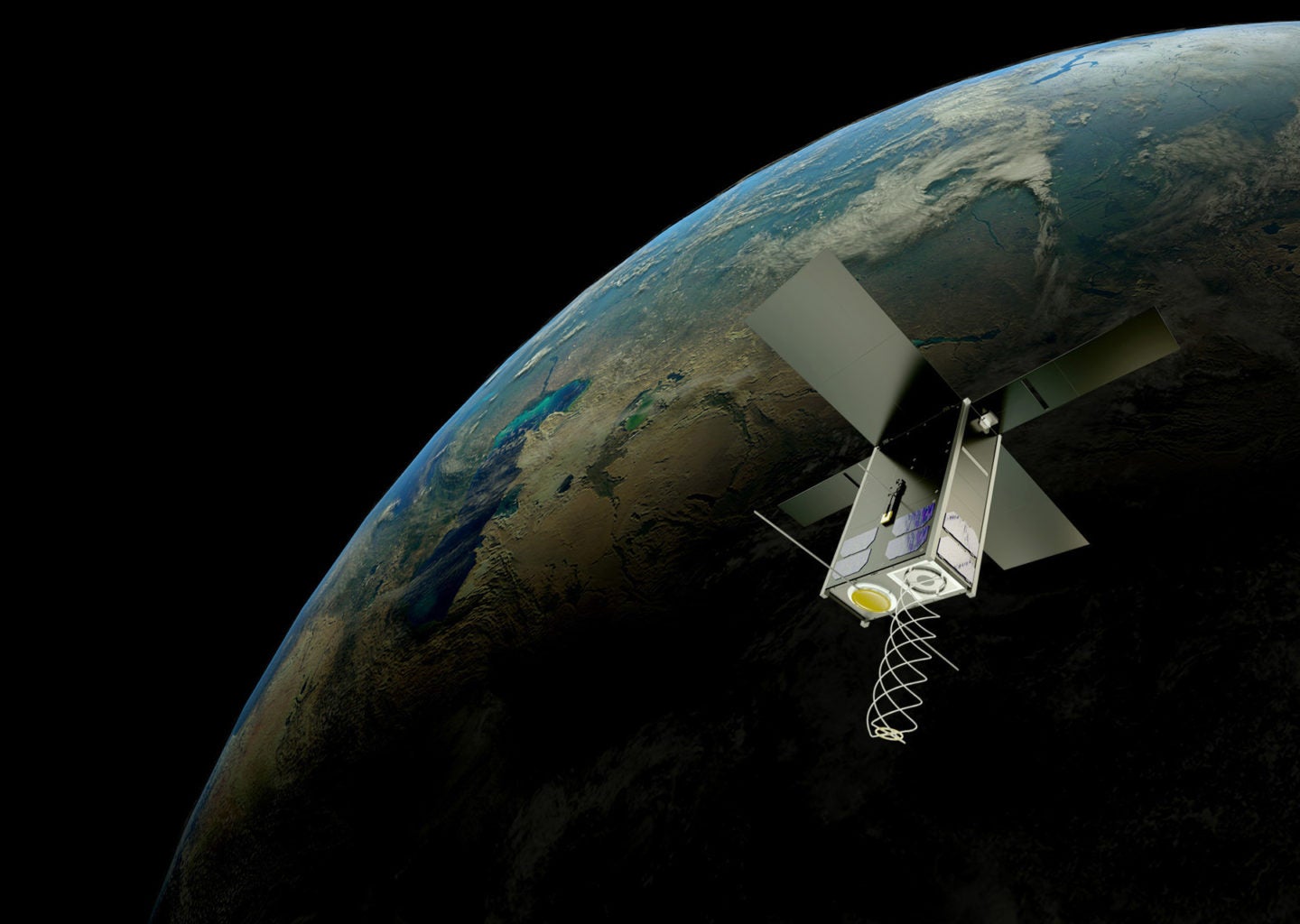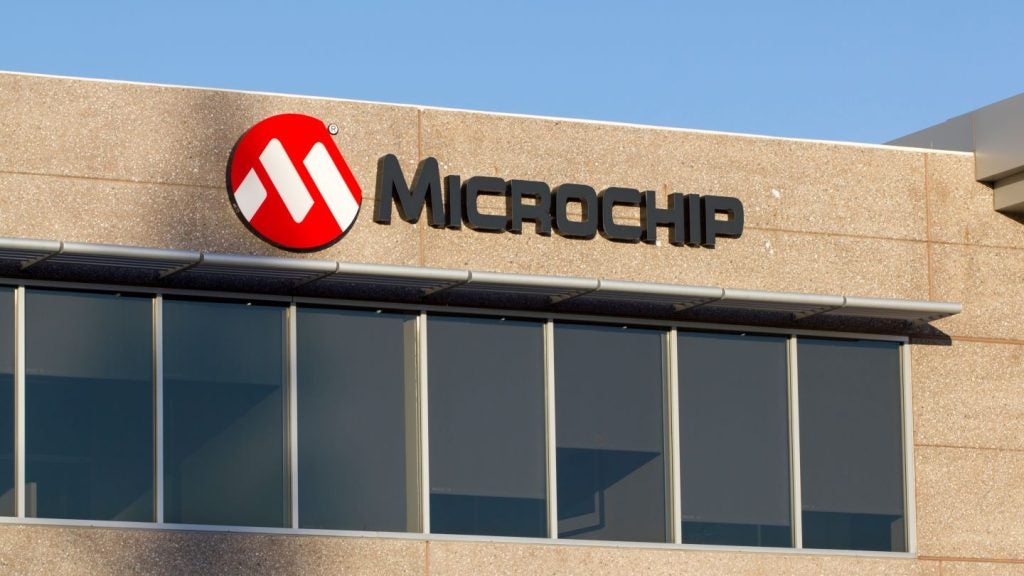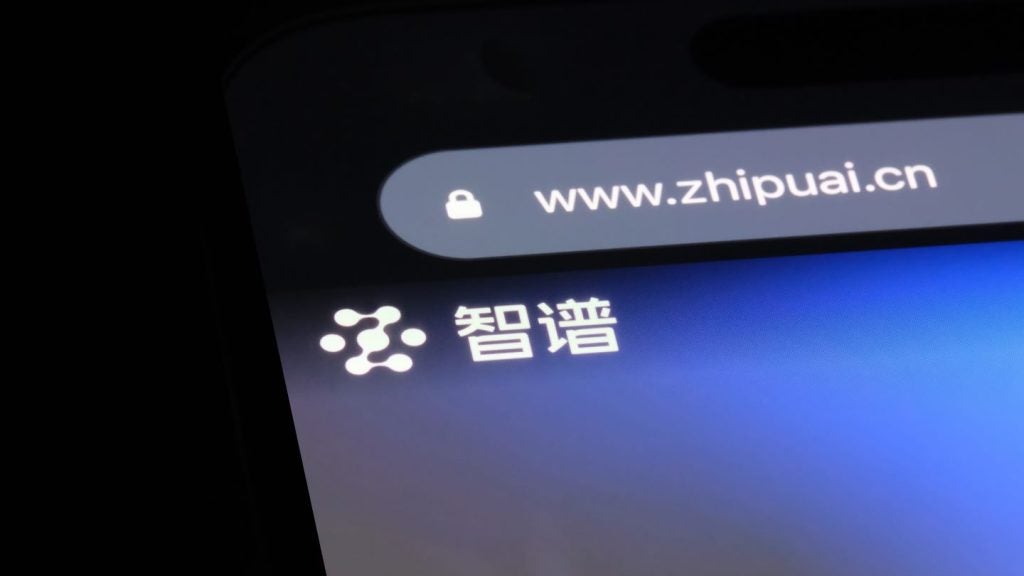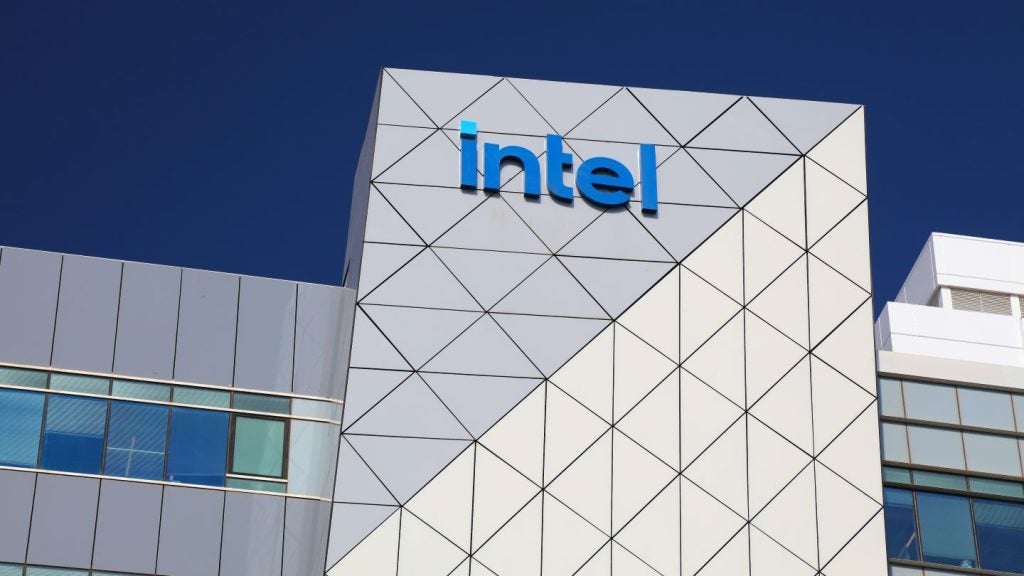
Dutch startup Hiber has launched its commercial nanosatellite network, giving its first customers a trial of the internet of things (IoT) satellite network.
Hiber’s shoebox-sized devices aim to provide affordable and reliable internet access to remote areas around the world for low-bandwidth IoT devices, such as farming sensors.
Its satellites orbit 600km above the Earth, passing the planet’s poles 16 times a day and the equator twice a day. During their orbit of the Earth, the Hiber nanosatellites receive data beamed up from Earth-based modems and antennas.
This data is then beamed back to customers’ Hiberband modems. 99% of the time, these are in ‘sleep’ mode to save power.
More than 70 customers from sectors such as transport and government have signed up to Hiberband, the firm’s end-to-end service.
Among the first use cases are beehive monitoring and soil moisture monitoring. The former enables farmers to to monitor the environment within the hive to ensure optimal honey production conditions, while the latter enables them to detect whether their crops are in need of water.
Hiber nanosatellite commercial launch: Three years in the making
The commercial launch follows three years of product development, with the first two nanosatellites launched in late 2018.
Laurens Groenendijk, co-founder at Hiber and a co-founder of JustEat, said: “We are extremely proud to announce that after only three years of hard work, Hiberband is the first network of its kind to become operational on a global scale.
“We have the team, partners, technology and regulatory building blocks in place to shortly be the industry leader. With full freedom to operate everywhere in the world, we are looking forward to supporting our customers wherever they need to be.”
Sotiris Bantas, CEO at Centaur Analytics, which will use Hiberband for its ‘Internet-ofCrops’ platform, said:
“Earth’s growing population combined with climate change is placing enormous stress on the world’s food supply chain. The lack of transparency in the chain is causing about one-third of the crops in the world to be wasted before consumption.
“Together with Hiber, we are now able to effectively monitor crops after harvest globally – no matter the location. This means that Centaur and Hiber together combat food waste and promote sustainability, while at the same time providing new business opportunities for producers, traders, and CPG companies.”
Smaller satellites have become an increasingly popular method to provide low-bandwidth internet connectivity, with firms such as Astrocast aiming to launch a constellation of 80 cubesats in low Earth orbit.
Read more: How Hiber nanosatellites provide IoT connectivity anywhere on Earth







